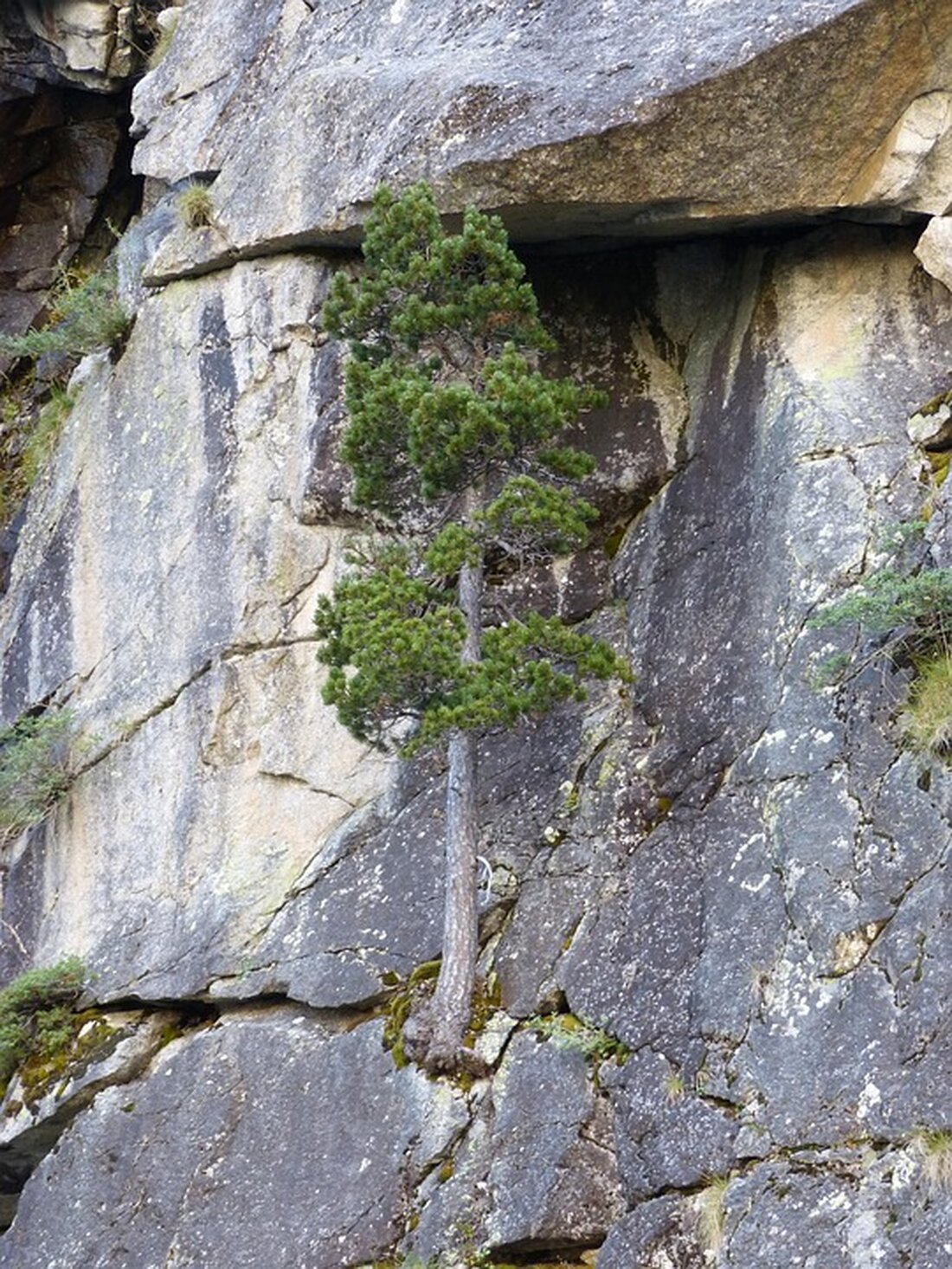Resistance to Coastal Privatization: Oaxaca's Communities in Revolt!
The article highlights resistance to the privatization of beaches in Oaxaca, Mexico, and the social impact of tourism.

Resistance to Coastal Privatization: Oaxaca's Communities in Revolt!
Several communities in the state of Oaxaca, Mexico, have formed a resistance against the privatization of their coastal region. At a meeting on Salchi Beach in San Pedro Pochutla, organizers expressed concern about a "criminal alliance" of businessmen, notaries and politicians who want to appropriate tourist areas for private interests. This practice only benefits a small elite and increases social inequality in the region, criticize the participants of the meeting, including 14 organizations and villages.
A particularly controversial real estate project is to be built behind the protection of armed men who are already threatening environmental activists. The activists see this construction as an illegal project that has the support of politicians such as Alejandro Avilés Álvarez, who switched from the PRI to the Green Ecological Party. There is suspicion that the project is related to the current government of Oaxaca.
Violent clashes and environmental protection
The situation is alarming, especially after the murder of Cristino Castro Perea, a highly respected environmentalist and founder of the “Environmentalists of Barra de la Cruz” collective, who was shot dead on February 28, 2025. Castro Perea was part of the indigenous Chontal community and had worked to protect the environment. The murder of Abraham Hernández González, a member of the Codedi organization who was killed in 2018, was also remembered in the discussions. There have been no arrests for either murder. The EU delegation in Mexico and the embassies of Norway and Switzerland condemned the murder of Castro Perea.
Currently, the indigenous village of El Coyul and environmental activists on the beaches of San Agustín and El Coyote in Huatulco are under serious threat. This worrying environment comes against the backdrop of increasing pressure on the real estate market due to the expansion of international airports in Huatulco and Puerto Escondido and a new highway connection to Oaxaca City.
Tourism in Mexico: Opportunities and Challenges
While tourism accounts for almost 15% of Mexico's economic output, it is becoming increasingly clear that its negative impact cannot be ignored. The tourism sector has the potential to create positive changes in communities and ecosystems, it has also been noted. A collaborative approach between the tourism industry, governments and local communities is crucial to secure income streams and ensure positive impacts on education, health and wealth.
Nevertheless, the negative effects of tourism should not be neglected. Increasing commercialization can contribute to social inequality and make access to resources more difficult. Tourism causes CO2 emissions of 5-8% of global emissions and can lead to water wastage and waste problems. Without targeted strategies to reduce environmental impact, the situation could worsen, especially in regions that rely on tourism.
In summary, a complex picture of tourism in Mexico emerges: while it can offer opportunities, the positive aspects are offset by significant challenges that must be urgently addressed to ensure sustainable development. Political support and community engagement are essential to address the challenges and threats posed by the privatization of beaches and increasing violence.

 Suche
Suche
 Mein Konto
Mein Konto